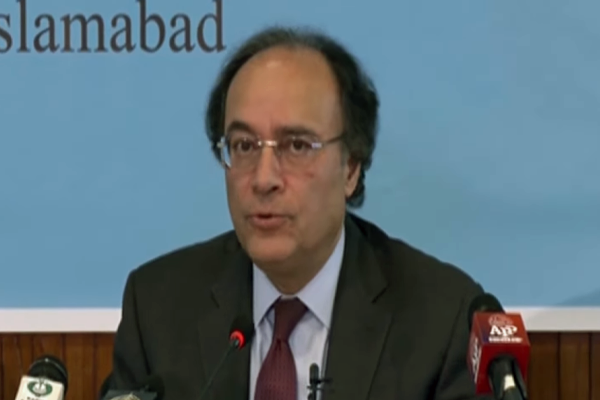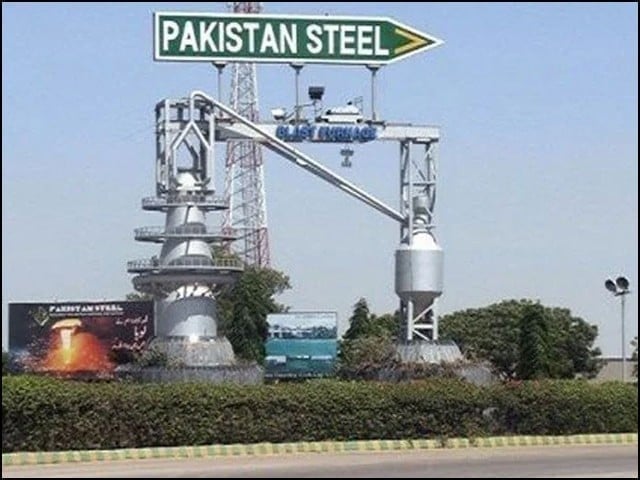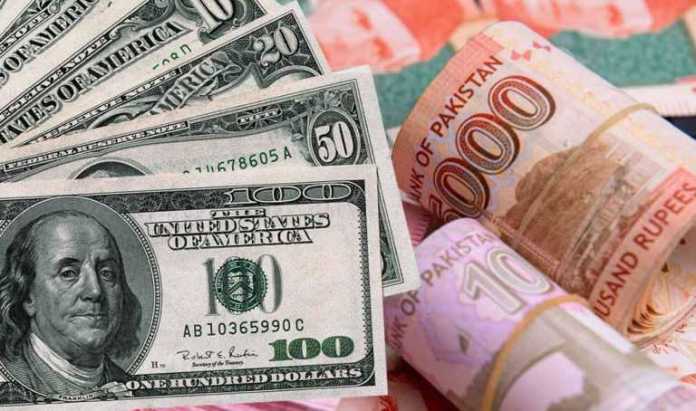Finance Minister Muhammad Aurangzeb is presenting Pakistan’s economic survey for the fiscal year 2024 at a press conference in Islamabad. The event began with the recitation of the Holy Quran, setting a solemn tone for the detailed review of the country’s economic progress.
The Pakistan Economic Survey is an annual report that charts the country’s economic performance for the outgoing financial year, spanning from July 1, 2023, to June 30, 2024. This survey serves as a critical precursor to the federal budget, offering the public a transparent overview of economic trends and achievements.
The pre-budget report provides a comprehensive overview of Pakistan’s economy, highlighting its performance across various sectors. Key indicators covered in the survey include GDP growth, inflation, trade, and investment. Additionally, it examines sector-specific performance in areas such as agriculture, industry, and services. The report aims to give a holistic view of the economic landscape, setting the stage for informed budget discussions.
Tomorrow, Finance Minister Aurangzeb will present the budget for the next financial year to the National Assembly. This event marks the beginning of weeks of legislative debate, culminating in the enactment of the budget before the fiscal year ends. Given Pakistan’s current economic context, the forthcoming budget is expected to be heavily influenced by the conditions set by the International Monetary Fund (IMF), as the country seeks a “longer and larger” bailout package.
According to estimations by the Planning Commission’s Annual Plan Coordination Committee, Pakistan’s economy faced considerable challenges at the beginning of 2023-24. These challenges were largely due to the lingering impacts of economic disruptions from the previous year. However, a moderate recovery was observed later in the year, with the economy growing by 2.4%.
The primary driver of this growth was the agriculture sector, which expanded by 6.3%, thanks to bumper crops of wheat, cotton, and rice. This robust agricultural performance was a bright spot in an otherwise challenging economic environment.
The industrial sector saw a modest growth of 1.2%, mainly due to a slowdown in large-scale manufacturing activities. However, there were positive developments in mining and quarrying, small-scale manufacturing, and construction. These areas contributed to the overall growth, albeit at a slower pace.
The services sector also registered 1.2% growth. Within this sector, wholesale and retail trade experienced a minimal growth of 0.3%, while the transport, storage, and communications sector recorded a slightly higher growth of 1.2%. This subdued growth in the services sector reflects the overall economic challenges faced during the year.
Total revenue collection for July-March 2023-24 grew by an impressive 41%, outpacing the 36.6% growth in total expenditure. Both tax and non-tax revenues contributed to this increase, with tax revenues growing by 29.3% and non-tax revenues by a substantial 89.8%. Notably, markup expenditure constituted 40% of the total expenditure, highlighting the significant burden of debt servicing on the economy.
Inflation averaged 26% during July-April 2023-24, compared to 28.2% in the same period last year. A continuously declining inflationary trend has been observed since January 2024, providing a glimmer of hope for economic stability. This decline in inflation is a positive sign, indicating that the government’s efforts to control price levels might be yielding results.
As Pakistan looks to the future, the forthcoming budget will be crucial in shaping the economic trajectory. The conditions set by the IMF for the bailout package are expected to play a significant role in the budget’s formulation. These conditions will likely include measures to enhance fiscal discipline, improve revenue collection, and ensure sustainable economic growth.
In conclusion, the Pakistan Economic Survey 2024 offers a detailed snapshot of the country’s economic performance over the past year. Despite significant challenges, moderate growth was achieved, driven primarily by the agriculture sector. The upcoming budget presentation and subsequent legislative debates will be critical in addressing the economic challenges and setting a path for future growth. The IMF’s involvement underscores the importance of implementing sound economic policies to secure a stable and prosperous future for Pakistan.
FM Muhammad Aurangzeb Press Conference on Economic Survey 2024




